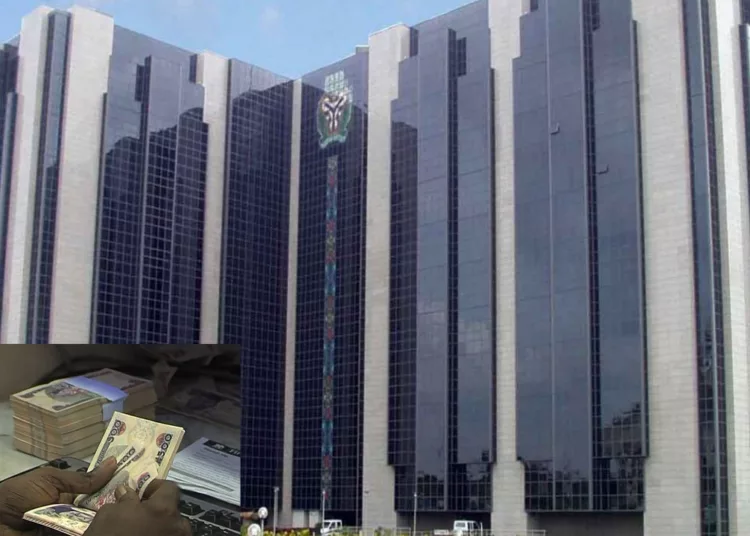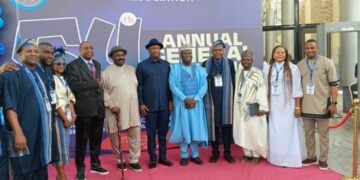The Monetary Policy Committee of the Central Bank of Nigeria on Tuesday, voted to further raise official interest rates by 25 basis points to press home its displeasure over the upsurge in Nigeria’s headline, food and core inflation measures that rose to 33.88 year-on-year in October 2024.
The members who unanimously voted to raise the monetary interest rate from 27.25 basis points to 27.50 basis points consider the inching up of the three inflationary figures as an indicator of a persistence in price pressures, with attendant adverse impacts on income and welfare of citizens.
This is the sixth straight time the MPC is raising the rates in an aggressive posture to curb the persistent price pressures that have further eroded the purchasing power of most Nigerians.
However, at the end of the two-day meeting of the committee yesterday, Governor of the CBN Olayemi Cardoso announced that all members agreed to retain the asymmetric corridor around the MPR at +500/-100 basis points; retain the Cash Reserve Ratio of deposit money banks at 50.00 per cent and merchant banks at 16 per cent; and retain the Liquidity Ratio at 30.00 per cent.
Meanwhile, the central bank has also announced a non-resident account programme for Nigerians in the diaspora. The programme is designed to aid diaspora remittances that is currently over $600 million. The programme will kick off in December this year. “It will make their opening accounts and doing their business in Nigeria relatively seamless,” Cardoso said in a response to questions from reporters.
According to Cardoso, the external reserves of the central bank rose marginally to $40.88 billion as at 21st November 2024 from $40.06 billion at end-October 2024, available to finance 17 months of imports.
He emphasised the need for all Nigerians to cut down on their appetite for foreign products and patronise more locally made ones to help in reducing the pressure on the Naira that currently exchanges for N1.734 to $1.
Reacting to the reported issue of cash shortage in the country ahead of the yuletide season, Cardoso said the apex bank has supplied enough banknotes to each of the deposit money banks according to their capacity. He promised to ensure that anyone found hoarding banknotes during the Christmas season would be sanctioned accordingly.
“I believe that you should expect that there may be some ad hoc measures that will come during this Christmas season.
So I will just say you should watch that space. It will happen. We are concerned. We do not want people to suffer on duty because of a number of distortions. And not, I can’t talk about all of them here now, but a number of distortions, which we are working very hard to ensure we get on top of,” he said yesterday in Abuja.
The CBN governor expressed optimism that Nigeria will exit the Grey List by the second quarter of 2025. On February 24, 2023, Nigeria was placed on the “Grey List” by the Financial Action Task Force (FATF), along with South Africa.
Greylisting simply implies that Nigeria has been placed under enhanced monitoring of its anti-money laundering, terrorist financing, and proliferation financing regime. Grey-listing also indicates a willingness on the part of the affected country to comply with global standards.
Cardoso acknowledged that Nigeria’s continued stay on the grey list is a disservice and a discouragement to Nigerians in the diaspora who would have wanted to use the legitimate channels to repatriate their funds. “Those kinds of transactions become more suspicious to those who are enabling them and the regulators out there. And we do not want that. We do not want anything that will send negative signals across the waves, and it is for that reason that we ourselves have better organised the whole process of getting off FATF.” he said.
The MPC members expressed concern over persisting exchange rate pressure, reflecting continued high demand in the market. Consequently, the Committee urged the Bank to explore measures to boost market liquidity.
The members thus focused on the optimal policy choice to address the uptrend in price development, stabilize the exchange rate and anchor inflation expectations appropriately.
The committee members reiterated their commitment to price stability as the bedrock of a thriving Nigerian economy.





